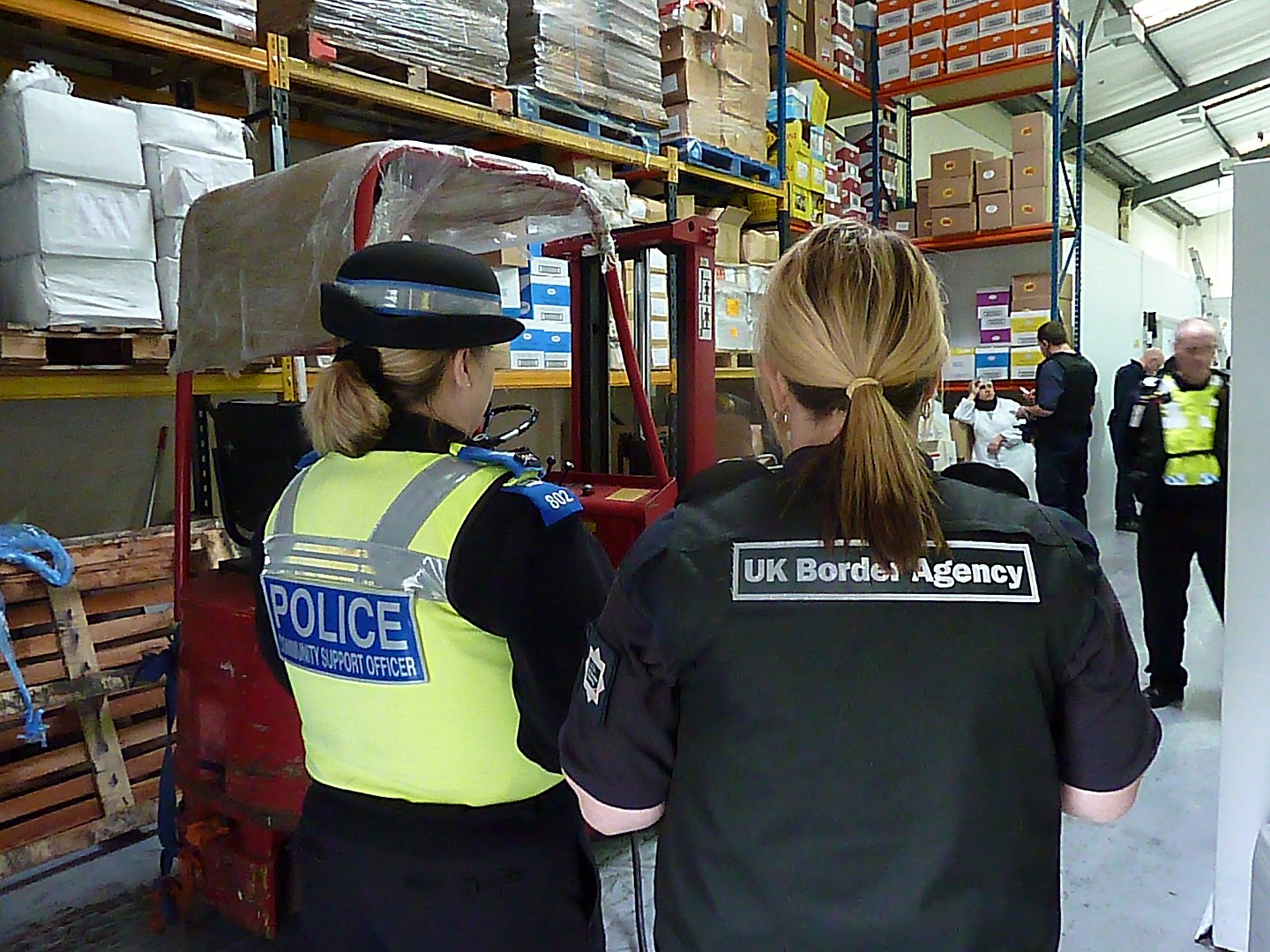Britain has not forgotten about Brexit, the British government is setting up an academy to train 50 thousand customs agents. However, the Road Haulage Association has asked the government to expand the transition period of Brexit because the coronavirus pandemic has interfered in the carrier’s preparation for the new era.
British government ministers are reaching out to businesses to establish a “customs agent academy” that could help companies prepare for trade with the EU at the end of the Brexit transition period which is scheduled for December 31, the Financial Times reports. The Treasury has allocated £34m for training customs agents, with further funding to be announced in the coming weeks.
The Road Haulage Association (RHA), however, claims that neither carriers nor the government could properly prepare for Brexit in the past weeks due to the coronavirus pandemic and the crisis it has caused.
Haulage firms will need to time recover and reorganise once the economy begins to return to normal, and simply will not be able to get ready for the new trade arrangements by the end of this year” – RHA claims. – “The transition period simply must be extended.”
British hauliers in crisis
With around 46% of the UK fleet currently parked up, several hauliers are in danger of going out of business permanently, Richard Burnett, RHA chief executive said on the BBC’s Today programme. Companies need immediate cash injections to stay afloat – he added.
SME businesses are really struggling. The measures that the Government have come up with simply don’t work. An average haulier will make maybe 2% margin, they’ll have two to three weeks cash flow within their business. We’ve got hauliers at the moment who can’t even furlough their staff, because they have insufficient cash to pay those employees.” – RHA chief executive, Richard Burnett said. – “We need cash, we need grants, we need help to balance and normalize this cash flow problem, and the loan system simply doesn’t work at this point in time.”
The UK Customs Academy
According to RHA, approx 200 million extra forms could need to be filled in each year if the UK enters into a Canada-style trade deal with the EU, and therefore, 50,000 additional customs agents will be needed to tackle this new red tape.
But even if the new agents are found – and trained – in time for the end of the transition period, firms still don’t know what forms will be required, how to fill them in, who is responsible for which forms, or where they will need to be sent” – RHA says.
The UK Customs Academy has been set up at the request of the British Revenue and Customs office (HMRC) to support the development of “the robust and sustainable” customs intermediaries sector of the future, through investing in quality training and learning, up-skilling more people and making learning opportunities more flexible and accessible to all.
The academy offers various distance learning courses. The Online Customs Declaration Training, for example, can be carried out by completing a 5-hour Digital e-learning course for £230+VAT or 3-hour Digital e-learning plus one day face-to-face classroom course for £399+VAT. However, applicants can claim government grant funding to cover the full cost of this training course.
According to RHA, a fully-trained and experienced customs agent can handle around 20 customs declarations a day – meaning 50,000 agents would be required to deal with the expected workload. If each agent was paid £30,000 a year, this would amount to any extra cost £1.5bn annually for businesses, estimates The Belfast Telegraph.
While nearly half of the British fleets haven’t been operating for weeks, the cost of training and employment of a customs agent can be a huge burden for hauliers.
Photo: UK Home Office/ Wikimedia Commons












